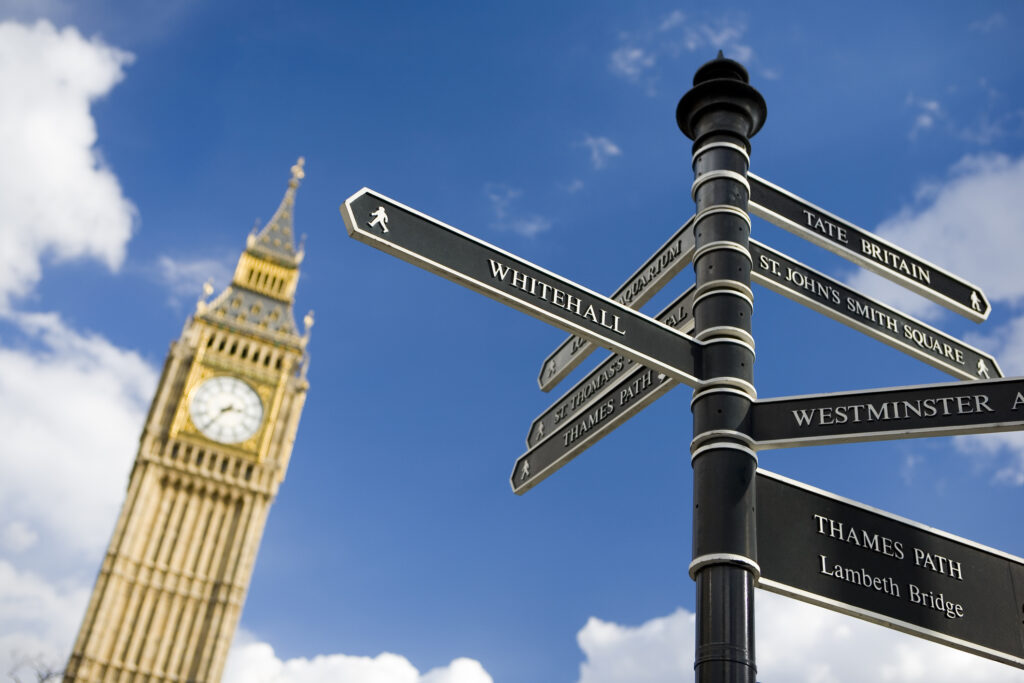Bring forward the ICE ban to 2030, a group of over 100 moderate Conservative MPs has recommended in a new collection of essays.
The caucus of MPs, dubbed One Nation, has published its latest collection of essays – its third in the series – looking at a green economic recovery to COVID-19.
Specifically, the call came from Ruth Edwards, MP for Rushcliffe, who wrote that a nearer end date “will provide the catalyst to ensure that the rollout of EVs gets the focus and investment it needs”.
This joins calls from SSE and the UK Electric Fleets Coalition for a 2030 ban, as well as a recommendation from the Net Zero All-Party Parliamentary Group for a 2032 ban.
Edwards’ call also echoes one made by the Conservative Environmental Network in July 2019, which recommended a ban of 2035. The government then unveiled its consultation on bringing the date forward to 2035 – or earlier if feasible – in February 2020, with the consultation closing on 31 July 2020.
Another recommendation made by the Conservative Environmental Network – that incentives are created to install ultra-rapid EV chargers at areas such as motorway service stations – also came to fruition in the form of the government’s Rapid Charging Fund.
An earlier ICE ban wasn’t Edwards only recommendation, however, as she also suggested that the government legislate to ensure new homes include personal EV smart charging points or, in cases where this is not possible, contribute to local authority on-street parking schemes.
A number of recommendations were made across the document, with Jerome Mayhew (Broadland), Gareth Davies (Grantham and Stamford), Selaine Saxby (North Devon), Fay Jones (Brecon and Radnorshire) and Anthony Browne (South Cambridgeshire) also contributing.
Highlights of the policy recommendations include
- Create a domestic carbon tax, with a border carbon adjustment tariff process for all manufactured imports and exports.
- Train for charge point installation and maintenance, and create green apprenticeships certified at NVQ Level-6 in related areas such as battery technology.
- Fund a training programme for green workers, helping them to prequalify from sectors impacted by COVID-19, and support the training of local energy efficiency installers.
- Commit to develop industrial Carbon Capture and Storage technology and adopt the target of capturing and storing 10MtCO2 by 2030.
Carbon capture did see a boost in the Budget, with £800 million committed by the government to help establish the technology in at least two UK sites, one by the mid-2020s and one by 2030.
However, Anthony Browne said in his essay that carbon capture will “help repurpose the jobs and infrastructure in the oil industry”.
Writing in the introduction, Jerome Mayhew said: “As Conservatives we reject the anti-capitalist assertion that economic growth and rising living standards are incompatible with achieving our net zero commitments.
“In fact, the UK’s recent history shows there is no inherent conflict between economic growth and emission reduction. On the contrary, they can be mutually reinforcing.”






